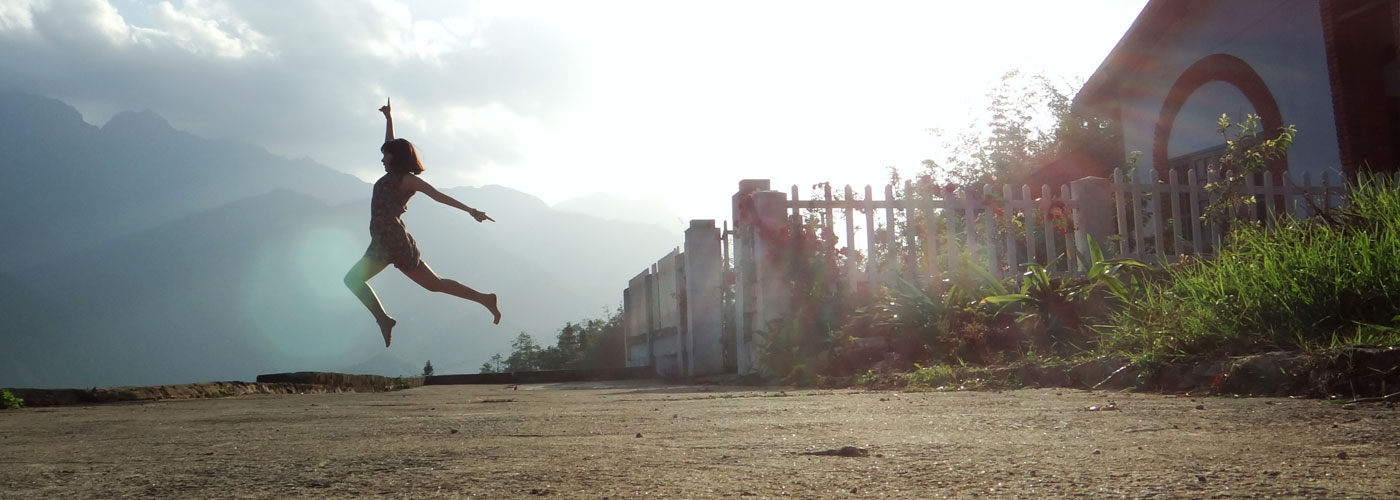After graduation, Kuldeep Dantewadia began collecting trash. For one year, he made the rounds to over 150 households. It wasn’t exactly the job his parents had in mind for their son. But he was sick of seeing trash in his community; once called the Garden City, it’s now called the Garbage City. He picked one thing he could do and began. Then, he saw the opportunity to motivate others to do their part too.
Today’s problems will be solved by tomorrow’s leaders. Tweet This Quote
Dantewadia found inspiration from his teachers who inculcated in him that he was part of the solution. “I took that belief very seriously in life,” he says. “Today’s problems will be solved by tomorrow’s leaders.”
Along with Surabh Saraf, he co-founded Reap Benefit, the first gamified problem-solving app in India designed to educate, empower and reward students for work in their communities.
Across India, many environmental and civic problems persist: excess garbage, poor air quality, potholes, poor sanitation, lack of water and lack of energy. Soon, 65 percent of the population will be young adults, and Dantewadia believes it’s the youth who will bring change.
We felt we needed to change the mindset of youngsters where green actions become permanent actions. Tweet This Quote
“Who’s going to solve these problems,” Dantewadia asks. “The government? No. We’ve waited too long.”
“The idea for our startup Reap Benefit came about when we saw the gap in the current educational institutions,” Dantewadia says. “Students know about going green but do not implement actions in their day to day life. We felt we needed to change the mindset of youngsters where green actions become permanent actions, and they take it forward in all walks of life.”
Take the problem of sanitation. There are 1.5 million schools in India that don’t have bathrooms. Using the Reap Benefit app, one student designed his own toilet system—a waterless urinal based on a diagram.
1.5 million schools in India don’t have bathrooms. Using the Reap Benefit app, one student designed his own toilet system. Tweet This Quote
“It looks similar to a project you might find on Pinterest,” Dantewadia says. “The design spread to more schools, and this student now has a grant for $10,000 to improve sanitation. It’s a matter of education.”
Here’s how the app works: First, youth identify and understand local issues in order to collect data. Second, the app provides do-it-yourself tools and kits for youth to access. Third, the platform hosts a community of problem solvers who work together on local issues.
Reap Benefit rewards students for taking everyday green actions through partnerships with municipalities, haulers, NGOs and corporates. It empowers students to make a collective impact on the environment by increasing recycling, reducing energy consumption, waste generation and water usage, and assisting institutions to act sustainably.
We believe that solving big local problems is going to be child’s play. Tweet This Quote
“So far,” Dantewadia explains, “we have worked with over 15,000 young people who have saved 15,000,000 liters of water, 63,000 kWh of energy, and have diverted 200 tons of waste from landfills through their innovations. These innovations include low cost, waterless urinals made from discarded plastic, an organic enzyme to convert food waste into compost, and a sanitation system for girls.”
In three years, Reap Benefit wants to reach 1 million young people. “We believe that solving big local problems is going to be child’s play,” says Dantewadia.



